We are Michigan Medicine, the University of Michigan’s academic medical center, where we work tirelessly to transform lives through a combination of ground-breaking research, expert clinical care and leading-edge medical and scientific education.


Here, as an integral part of the world-renowned University of Michigan, Michigan Medicine's brightest minds collaborate in a diverse environment to make bold advances in medical education, research and patient care to transform lives for the better.
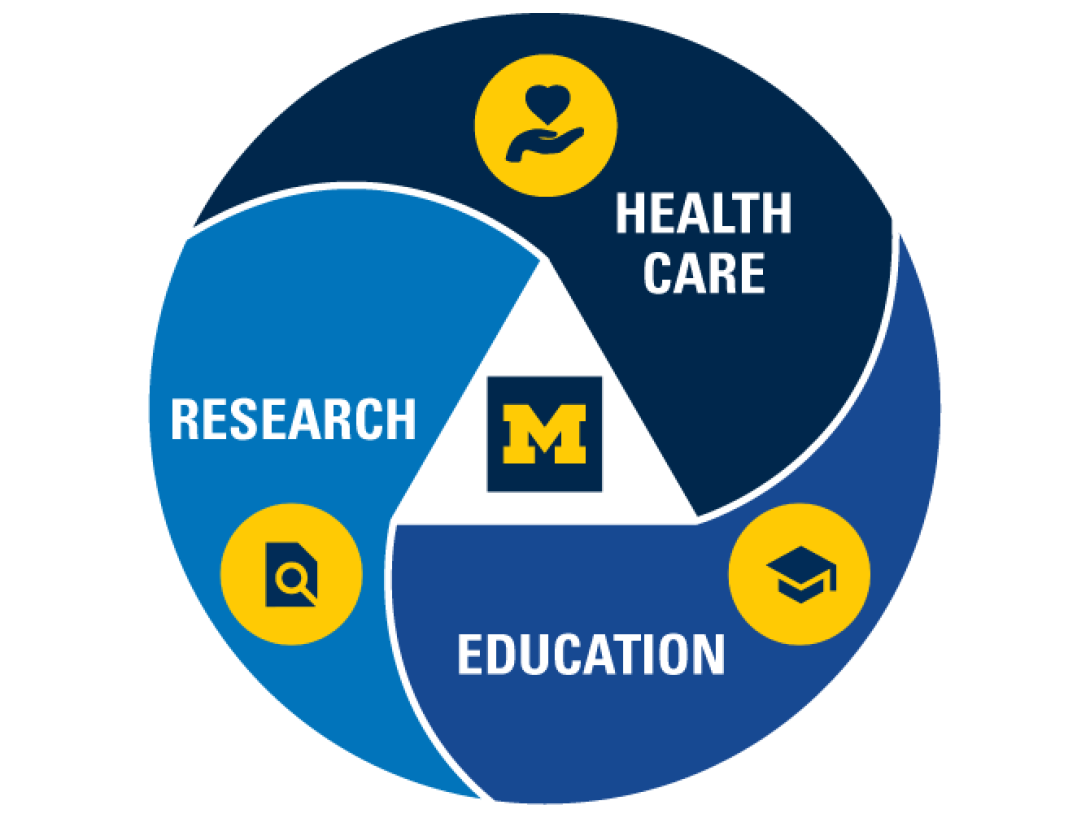
As one of the nation's top academic medical centers, we bring together world-class experts from research, patient care and education to make groundbreaking discoveries that create life-changing medicine.

Our commitment to support and enrich the lives of everyone we touch extends beyond the walls of our hospitals and clinics to our local neighborhoods and community.
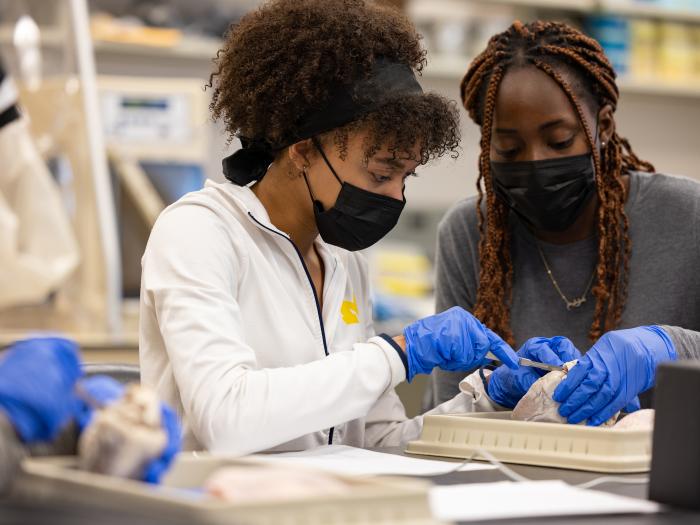
We are committed to cultivating an inclusive health environment where all members of the Michigan Medicine community are empowered, included, needed and known.
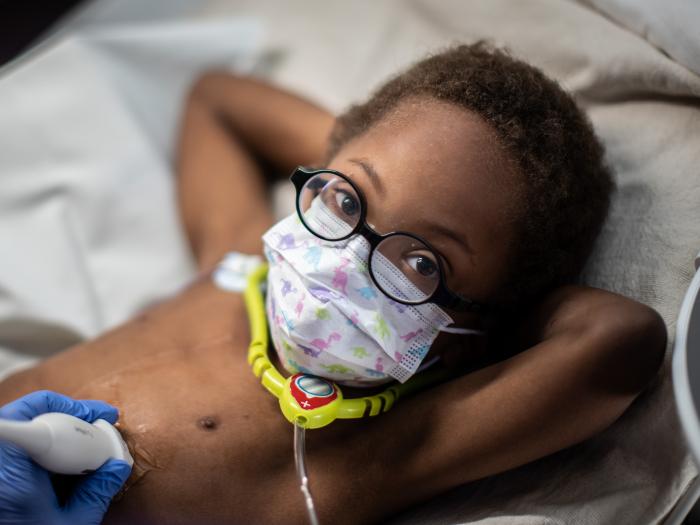
Over 150 years of teaching, research, and patient care continue to inspire an endless curiosity and passion for transforming lives.
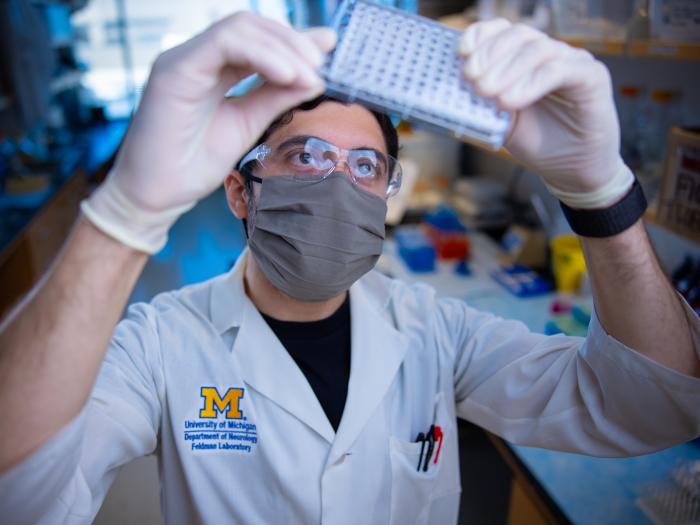
Your donation fuels the future of health care, as today's innovative research, clinical trials and medical education lead to tomorrow's life-saving treatments.
We have tremendous potential here at Michigan to lead the future of healthcare through innovation and discovery.
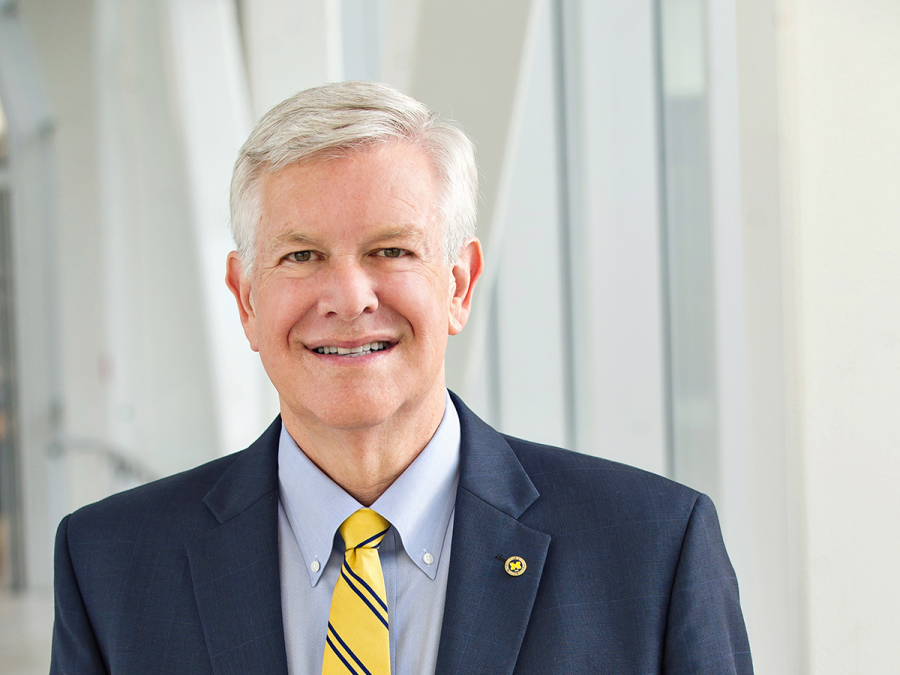
Being part of something greater, of serving a larger mission of discovery and care — that's the heart of what drives people to work at Michigan.
With the full power of all three divisions of our academic medical center working to find the answers you need when it matters most, the possibilities are limitless.
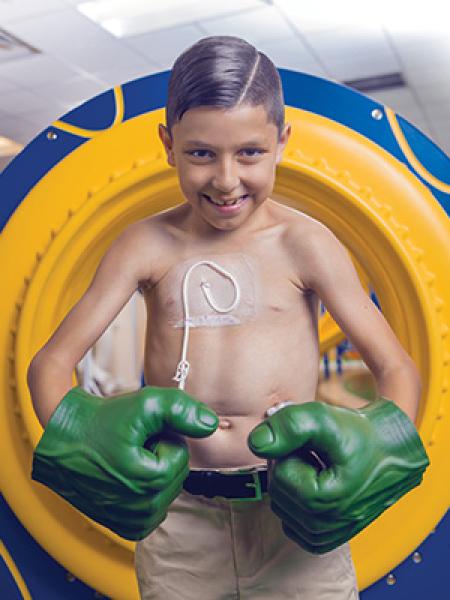
As Marguerita Booth had never heard of a child being born with their organs on the outside of their body. And yet as she lay in the darkened room of her first ultrasound of her first pregnancy, she was suddenly introduced to a condition that surprisingly affects 1 in every 3600 babies.
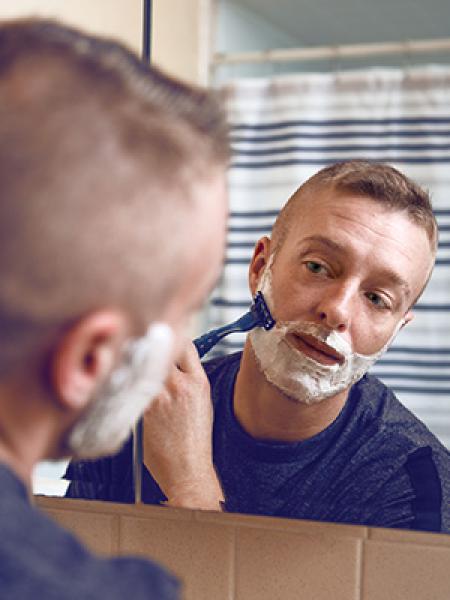
Alone. Scared. Never knowing who to trust or where to turn for help. That’s how Kade Fitzgerald of Jackson, Michigan lived the first 32 years of his life. Assigned female at birth, Kade knew at age 6 that he was meant to be a man.

Few moments eclipse the joy of discovering that you’re pregnant with twins. But for 37-year-old Merrick and 37-year-old Mychal, the news that they’d be having fraternal girls with an expected delivery date of Christmas Day 2020 made the news even more exciting.

Carter Hilton celebrated his sixth birthday by doing what he loves most: running around his backyard, dancing with his younger brother, and being chased throughout the house by his mom. It helps that Carter is a naturally exuberant child. It also helps that Michigan Medicine performed the first in-womb spina bifida surgery in Michigan nearly four months before Carter was born.
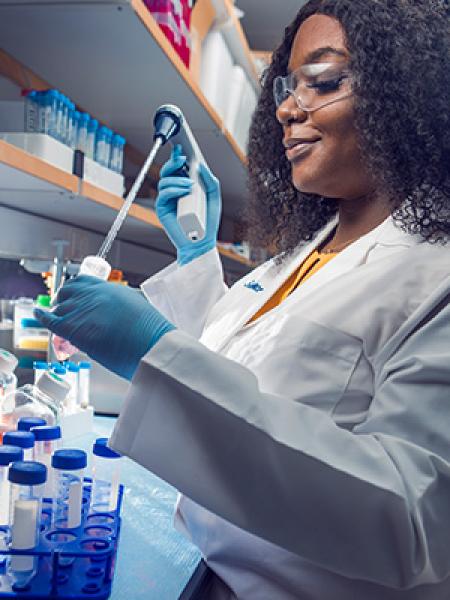
Imagine two patients. Both the same age and height. The same gender and race. Both have a similar medical history. Two people, almost identical in every way. So, why does one of them, seemingly at random, develop diabetes?
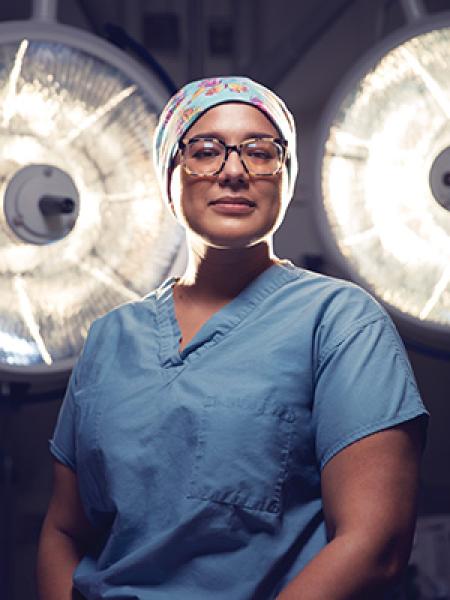
Most aspiring physicians study medicine with the hopes of saving lives, being on the cutting edge of research, or developing the latest therapies and technologies. For Dr. Valeria Valbuena, it was all of the above, plus one additional life-affirming goal.

What if the true power of social media isn’t found in a like, tweet or follow? For an emerging field of research taking place at Michigan Medicine, it’s the data inside social media that may have the power to give patients bigger answers and better outcomes.
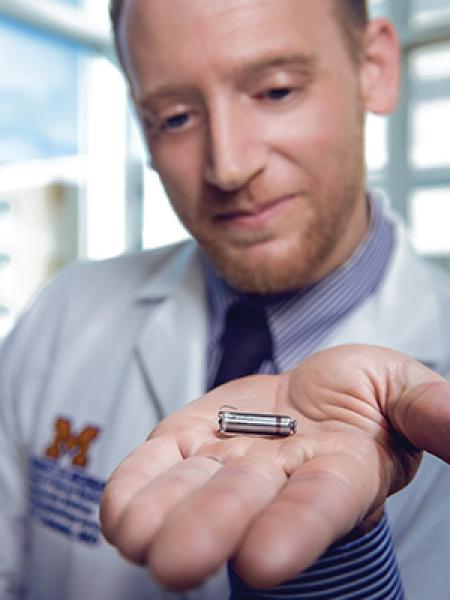
Since 1958, millions of lives have been saved by what could arguably be considered as medicine’s biggest breakthrough – the pacemaker. And while its technology has dramatically improved over the last 63 years, chief concerns regarding the pacemaker have always been that it was too big and bulky and that the wires leading from it would sometimes break. But in February of 2020, Michigan Medicine helped change all of that.





